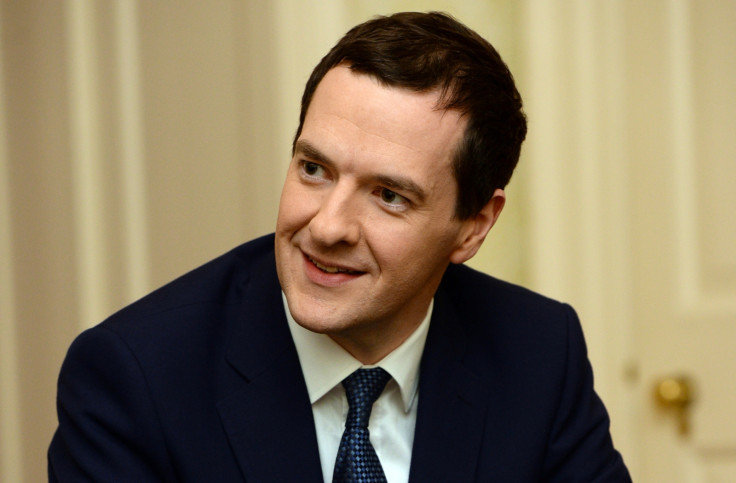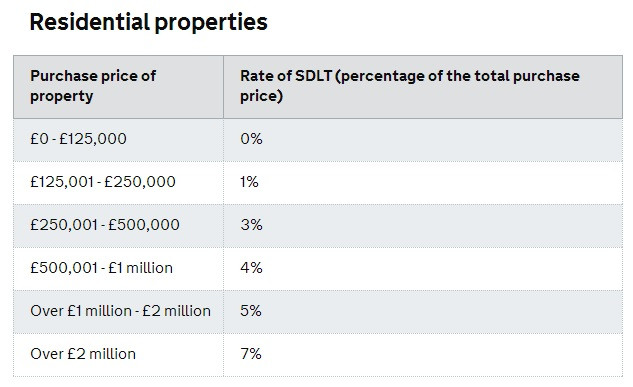Autumn Statement 2014: George Osborne boost after axing stamp duty system dubbed 'worst tax in history'

Britain's Chancellor George Osborne has arguably dealt a winning blow to Labour's frenzied campaign to tally up voters, via pledging a mansion tax, by announcing the abolition of the old stamp duty "slab system".
In the immediate aftermath of Osborne's Autumn Statement announcement in the House of Commons, economists, lobby groups and taxpayers hailed the radical move as one of the Conservative-led coalition government's best yet.
"The old stamp duty slab system was one of the worst taxes Britain had and we welcome the chancellor's radicalism in abolishing it, rather than simply tinkering around the edges," said Ben Southwood, head of research at the Adam Smith Institute.
"According to the best economic research, raising £1 through stamp duty imposes £2 to £5 of cost on the economy.

"Though it will still, as a transactions tax, cost the economy heavily, the reform will reduce the economic cost substantially. This is a tax cut for the squeezed middle that will make a big difference to a lot of people's lives. Politically, it could be a game-changer."
Stamp duty works on a "slab" basis (figure 1), by which the percentage paid applies to the purchase price band. This can have a distorting effect on the housing market, because a house is very difficult to sell at prices just above each threshold, for example £250,001.
However, under the new rules, which come into force as of midnight tonight, stamp duty on a property will be paid in a method comparable to the system of income tax.
"Finally, the government has acknowledged the need to revisit the antiquated stamp duty thresholds. The clunky slab structure has been punishing British buyers for far too long," said Richard Sexton, director of e.surv chartered surveyors.
"In London the problem was particularly severe: first-time buyers in the capital pay an average of £270,000, meaning most were faced with significant fees before the changes. These extra charges have been pricing many of them out of the market.
"First-time buyers are already fighting an uphill battle with a lethargic labour market recovery and low savings rates meaning it's difficult to save for a deposit.
"Over the last twelve months, the mortgage market has done an about turn, as new regulation has hit demand for homes. The reform of the stamp duty thresholds is an olive branch for aspiring first-time buyers and may help spur more activity at the bottom of the market."
Under new rules, no tax will be paid on the first £125,000 of the property purchase price, 2% on the portion up to £250,000, 5% up to £925,000, 10% up to £1.5m and 12% on everything above that.
"Stamp duty reform will be an early Christmas present for young people looking to get on the housing ladder and families who want to move home," said Jonathan Isaby, CEO of the TaxPayers' Alliance.
"The chancellor is right to significantly reduce the burden that this tax on ambition has placed on hard-pressed taxpayers. Let's hope this is a first step towards abolishing stamp duty altogether."
© Copyright IBTimes 2025. All rights reserved.






















